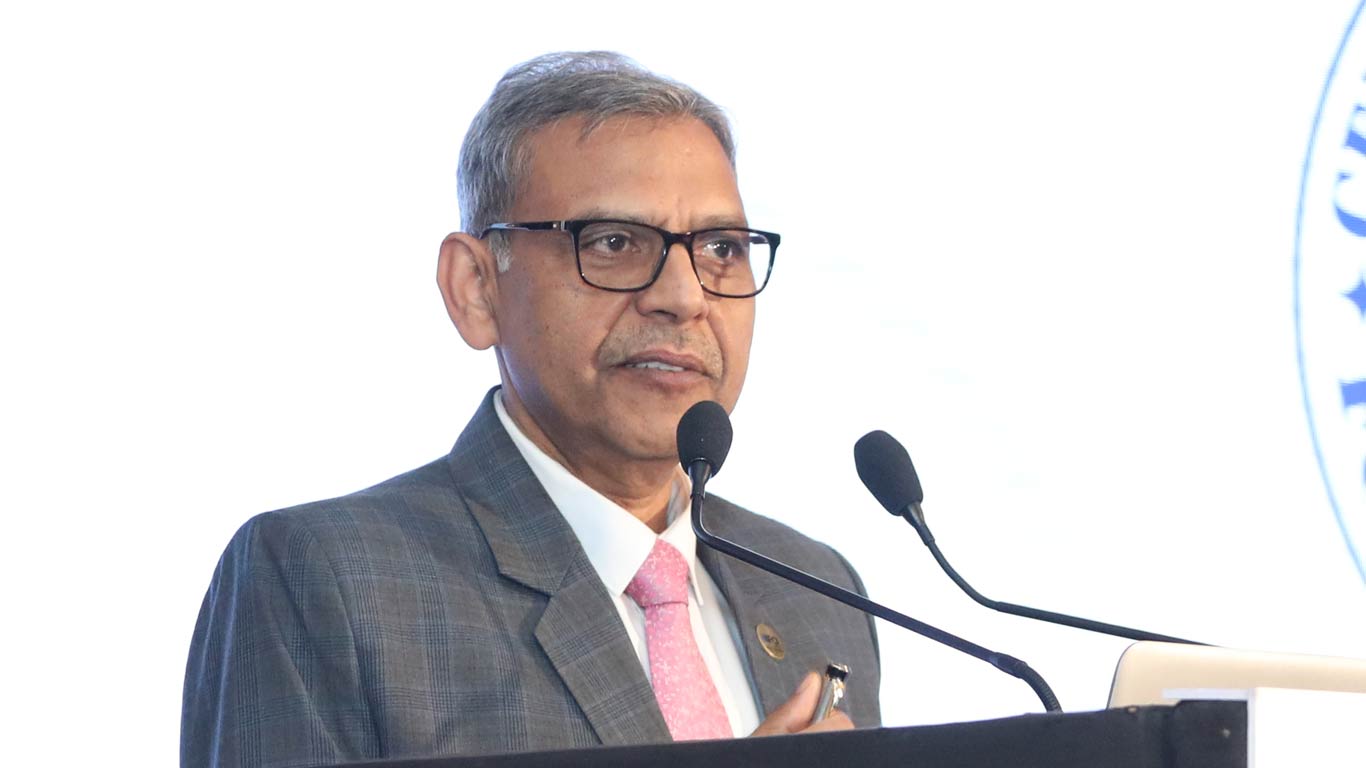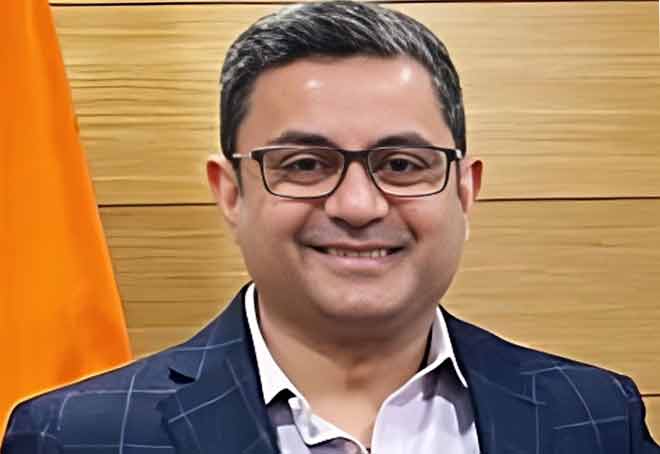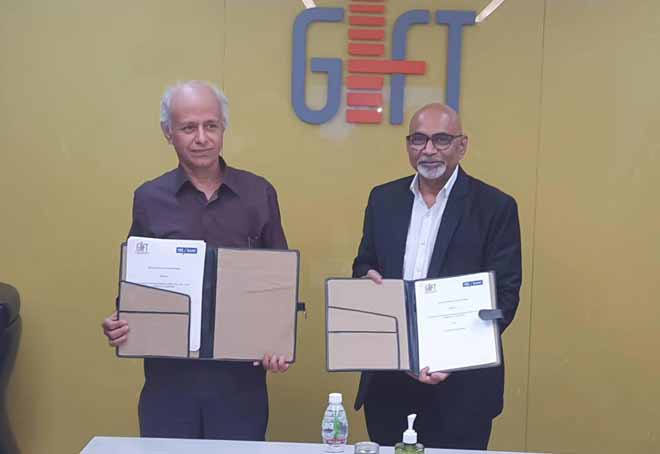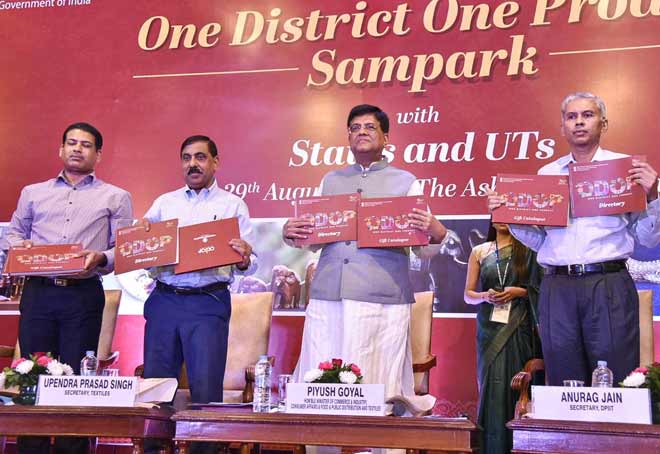Celebrating sixty years of Coir Board
Updated: Oct 09, 2013 04:15:09pm

New Delhi, Oct 9 (KNN) Coir Board, which has been engaged in activities of turning coconut fibres into the money yielding 'golden fibres' enters into sixty years of service. The Coir Board is concerned with protecting the interests of labourers and small scale producers engaged in the field.
When the Board came in to existence in 1953 under a legislation enacted by the Parliament namely Coir Industry Act 1953 (45 of 1953) for the promotion and development of Coir Industry in India, Kerala was the only state where its activities were concentrated.
But today Coir Board’s activities are stretched over 14 states and the Board has selling counters all over India. It is also giving insurance coverage to coir workers.
In India about 10 lakh people are directly or indirectly engaged in the coir industry. More than 1000 small scale producers are engaged in this industry. Apart from conventional coir products the coir industry now offers a wide variety of products like conference bags, UV treated umbrellas, coir mattress, coir chapals, coir garden articles, coir ply moulded articles, coir bhoovastra, coir jewellery and handicrafts which have high demand in the international market. The Coir board is planning to launch more value added products.
Coir is a versatile hard fibre obtained from the husks of coconut. The Coir fibre is one of the hardest natural fibres because of its high content of lignin. Acute shortage of husks for extraction of fibres is one of the major problems faced by the coir industry.
Experts in the Coir Board have found that there is an untapped stock of husks in the rural areas from where collection is difficult as onsite de-fibering is not possible. In order to overcome this crisis the Central Coir Research Institute (CCRI) at Kalavoor, Alappuzha has developed a Mobile Fibre Extraction Machine that can be taken to remote areas where husk is available. It can be loaded in an auto-rickshaw and can be run by diesel engine or electric motor. The machine which weighs only 500 kg can extract fibre from 400 to 500 husks in an hour. This machine can significantly reduce the rate of pollution of water bodies in rural areas.
In the conventional method husks are soaked in river or lake water. More than 150000 litres of water is needed for soaking and other process. Only 1000 litres of water is enough to sprinkle over the husks in the modern method.
Earlier two male employees were needed to operate the traditional hand loom. The traditional hand loom with pneumatic system developed by CCRI can be easily operated by women workers. Thus the Coir Board successfully implements women empowerment in the industry. The pneumatic system offers high quality with more productivity when compared to the traditional wooden handloom and avoids drudgery in weaving.
The coir composite developed by Central Institute of Coir Technology, Bangalore can substitute wood, plywood and MDF boards. It can withstand termite attack and can be used for making doors, tables, almiras, sofa etc. It is highly eco-friendly and the use of this coir wood can preserve our valuable forest. As this comes in a fixed size it also reduces the labour cost.
The coir bhoovastra developed by the Coir Board is an answer to the growing concern of soil erosion. Being 100 per cent natural and bio-degradable, coir fibre functions as a soil amendment and helps prevent soil erosion. The bhoovastra has been successfully used to strengthen the slopes in Konkan Railway route and in Kohima, Nagaland to prevent soil erosion. This opens up new opportunity for natural fibre based geotextiles including coir. It is priced between Rs 40 and 90 per square meter.
Cocolawn is another product from the Coir Board which is in high demand. Cocolawn comprises of coir netting as a support material. Grass slips are planted on the bed of coir pith. The ready to use cocolawn is made available in the form of a blanket, which can be shifted from one place to another and can be rolled up for transportation. It can be even placed over cement floors.
Coir Board brings out a number of publications which includes magazines, hand books and guides, Coir news booklets and VCDs which give information about the latest trend in the coir industry. Coir Board will participate in eleven International Trade Events during Year of 2013-2014.
Coir Board will celebrate its diamond jubilee with a host of programmes. It includes a road show from Kanyakumari to Kashmir, an International coir fair at New Delhi from November 14-30th, an exhibition of different coir products at Pragati Maidan, Dilli Haat and Chethanalaya at New Delhi.
Besides, the board will conduct national and international seminars and a buyer seller meet at Vigyan Bhavan, New Delhi. Special stamps and coins will be released to commemorate the occasion. (PIB/KNN)











